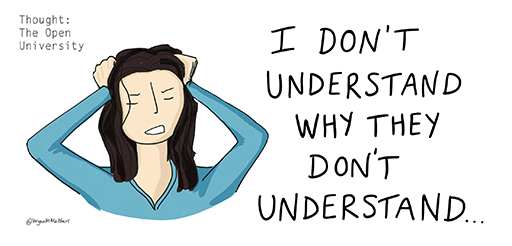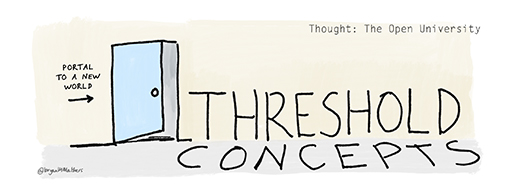1 Why don’t they understand?
How often have teachers uttered these words, frustrated by their students’ failure to grasp what they are teaching them? Why do some students appear to just ‘get it’ whereas other students encounter real barriers to learning? Often students will give the appearance of having understood. The students will believe they have understood. Their teacher will believe they have understood only for some students to fail spectacularly when confronted by tricky exam questions.
At the end of many lessons, students complete short tests to review their learning during the class. These tests contain questions that map onto each topic covered during the lesson. A typical example from a GCSE physics class might be:
Work done is measured in:
- a.Joules
- b.Watts
- c.Coulombs
- d.Newtons
Having just finished the class, most students will be able to select the correct response, a). However, this does not necessarily mean that they have a deep understanding of what ‘work done’ represents, nor how to calculate it.
They may have memorised terms or equations well enough to be able to select the correct multiple choice answer, but without the deep understanding that would enable them to answer more probing exam questions.
Some concepts regularly cause problems of understanding and can inhibit student progression in a subject, sometimes causing students to give up the subject altogether. Such concepts have been referred to in the literature as threshold concepts.
Threshold concepts were first identified by Meyer and Land:
‘A threshold concept can be considered as akin to a portal, opening up a new and previously inaccessible way of thinking about something. It represents a transformed way of understanding, or interpreting, or viewing something without which the learner cannot progress’
Threshold concepts are more than just ‘key’ or ‘core’ concepts (Harlow et al., 2011, Lucas and Mladenovic, 2007). Threshold concepts focus on the cognitive (thinking) domain of learning rather than the affective (feelings, moods and emotions) or behavioural (physical/kinaesthetic) domains of learning (see Bloom’s (1956) characterisation of learning).


